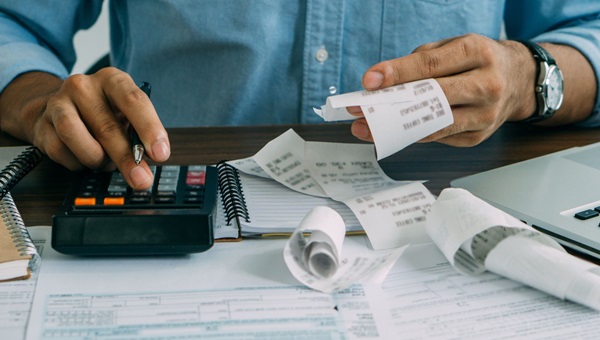Good record keeping is more than a routine task – come tax season it saves you time, reduces stress and allows you to claim every dollar you're entitled to.
With the Australian Tax Office (ATO) focusing more closely on rental property claims, making sure your records are accurate and well‑organised is more important than ever.
Last week we covered the deductions available for property investors. In part two of our tax time series, we focus on how to stay organised, save time and protect yourself if audited by keeping accurate records.
Understanding your record keeping requirements
As a landlord you must keep accurate records (including proof) of all expenses that relate to your rental property for a minimum of five years – or in some cases, for five years after the property is sold. Your records should include:
- The purchase of rental properties.
- All income derived from rental properties – including money received from rental bonds and returns, letting and booking fees.
- All expenses that relate to borrowing, property management, property repairs, maintenance and improvements (including capital works).
Completing your tax return feels a lot less stressful when you’re organised. To stay on top of your record keeping requirements throughout the year:
- Your property manager will provide you with detailed end of financial year statements.
- Save digital copies of your receipts to avoid sifting through boxes of paper at tax time – paper receipts can fade or deteriorate, making them hard to use later. It also ensures you don’t miss out on any claimable deductions.
- Use the myDeductions tool (via the ATO app) to keep track of rental-related expenses and receipts.
- It’s also important to keep the right type of records, as stand-alone bank or credit card statements aren’t usually sufficient to support your claim. Record keeping should include written evidence for each expense that shows the cost, purchase date, supplier name, nature of the expense and the date the record was produced.
- Your record can be paper or electronic, and depending on the type of claim, can be in the form of written evidence from a supplier (a receipt or invoice), spreadsheets, timesheets, logbooks, employment contracts or agreements, duty statements or a letter from your employer.
To learn more visit: ato.gov.au/keepingrecords.
The crackdown on property investors
The ATO is increasingly relying on technologies such as data matching from banks and online rental platforms, AI algorithms and rental benchmarking tools. They also announced that they would be taking a tougher stance on property investors that fail to:
- Report accurately on rental income
- Differentiate between repair and improvement expenses
- Correctly apportion deductions (including factoring in part-year rental and part-property rental)
- Maintain solid record keeping
By keeping accurate records and properly understanding your deductions, you can maximise your return and minimise the risk of review.
Quick links
The ATO publishes a range of resources to guide you through tax time. For more information on lodging your tax as a property investor, visit ato.gov.au or browse these quick links:
REIWA provides this information as a guide only. For more detailed information on preparing your tax return, visit ato.gov.au/realestate or consult a tax agent.










